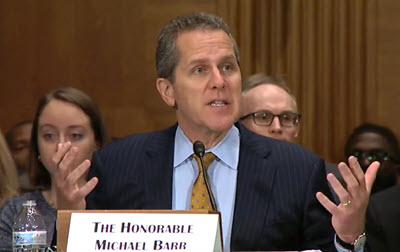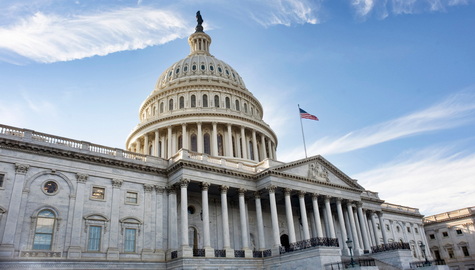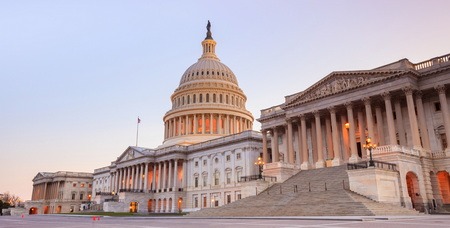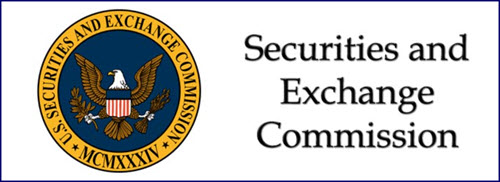
Last week, the White House hosted a virtual briefing for Roundtable members to discuss federal loan and guarantee programs at the federal departments of Energy, Housing, Transportation and the General Services Administration that may assist with financing commercial-to-residential conversion projects.
Property Conversions Briefing
- In October, the administration announced a suite of federal resources—including low-interest loans—across various agencies to assist conversion projects aimed at increasing the housing supply, revitalizing urban downtowns, and cutting climate pollution. (Roundtable Weekly, Oct. 27; White House Commercial to Residential Conversions Guidebook)
- The briefing last week provided members with a high-level overview of the administration’s conversion work and focused on the Transportation Department’s Transportation Infrastructure Finance and Innovation (TIFIA) and Railroad Rehabilitation and Improvement (RRIF) financing programs. (See FAQs)
- White House staff also announced upcoming workshops with the Department of Transportation’s Build America Bureau to learn more about how TIFIA and RRIF financing can be used for transit-oriented development (“TOD”) that takes the form of adaptive reuse.
Upcoming Workshops – Federal Resources to Support Commercial-to-Residential Conversions
- General Services Administration
- Dec 5, 2023 02:00 PM
- Register: https://pitc.zoomgov.com/meeting/register/vJIsfuGhrDMoEtl2b6hWEl0SV4B4K1g3xXo
- Department of Transportation
- Dec 6, 2023 12:30 PM
- Register: https://pitc.zoomgov.com/meeting/register/vJIsdOmprDwtGEouaConZYQHY_1sOdNkRjQ
- Department of Energy
- Dec 14, 2023 02:00 PM
- Register: https://pitc.zoomgov.com/meeting/register/vJIsduGhqjkpH-F53_dFQvvXcu6On0_rzC4
IRA Tax Incentives – 179D

- White House staff on the property conversions briefing mentioned that green tax incentives enacted by the Inflation Reduction Act (IRA) may be layered with other federal loan, guarantee, and grant programs to support a project. (See RER fact sheet, “Clean Energy Tax Incentives Relevant to U.S Real Estate)
- Roundtable Senior Vice President & Counsel Duane Desiderio was quoted this week in Tax Notes on the deduction in section 179D for energy-efficient commercial buildings.
- “The IRA’s changes to section 179D are good policy, but more changes need to be made for the deduction to reach its full potential,” said Desiderio.” (Tax Notes, Nov. 28). He explained that Congress should make 179D “transferable” by REITs and other private sector owners.
The Roundtable’s Property Conversions Working Group will continue to serve as a conduit between our members and the administration to help design impactful policies that can assist with office-to-residential conversions. Please contact Roundtable SVPs Duane Desiderio (ddesiderio@rer.org) or Ryan McCormick (rmccormick@rer.org) for more information.
# # #

















